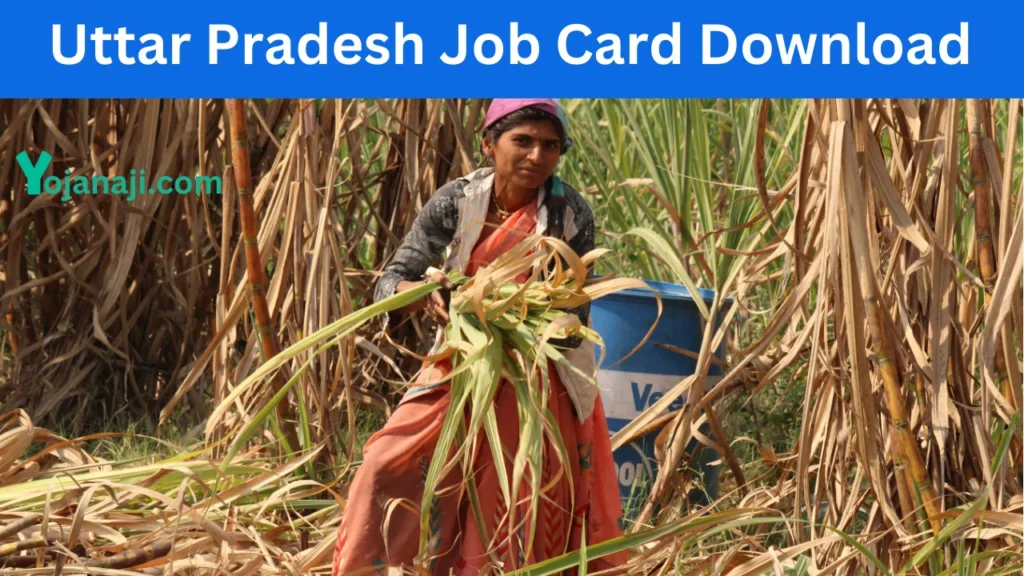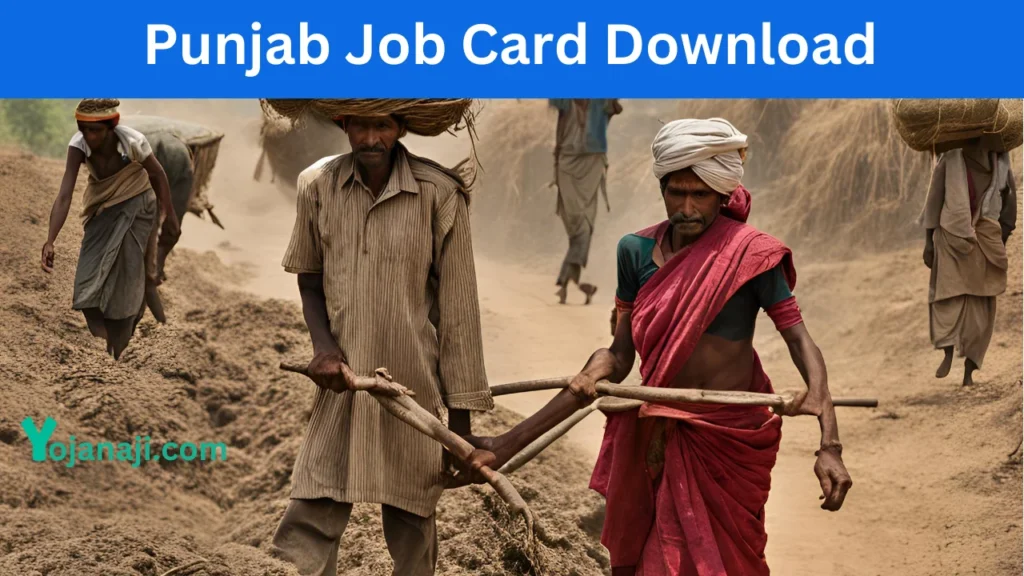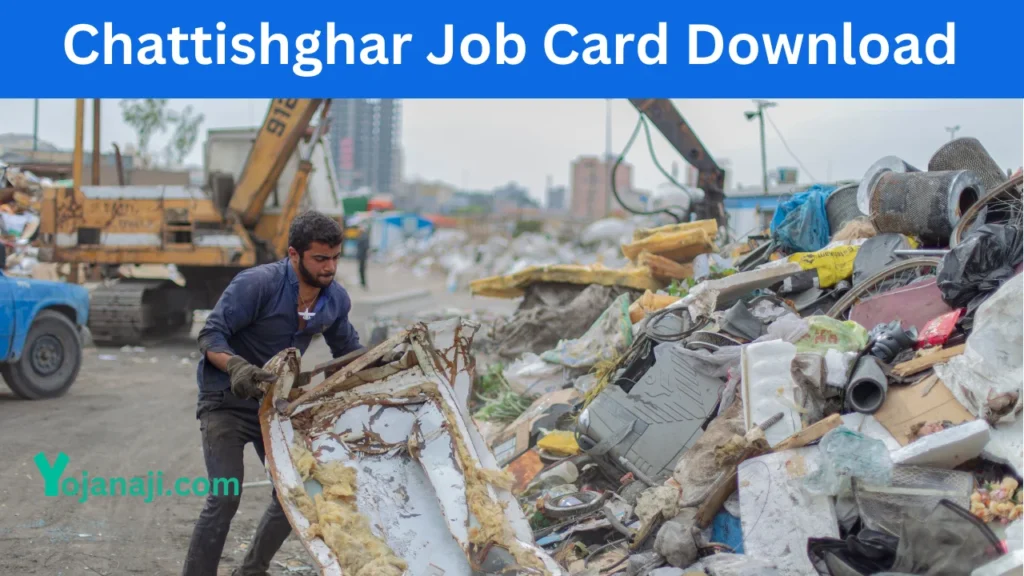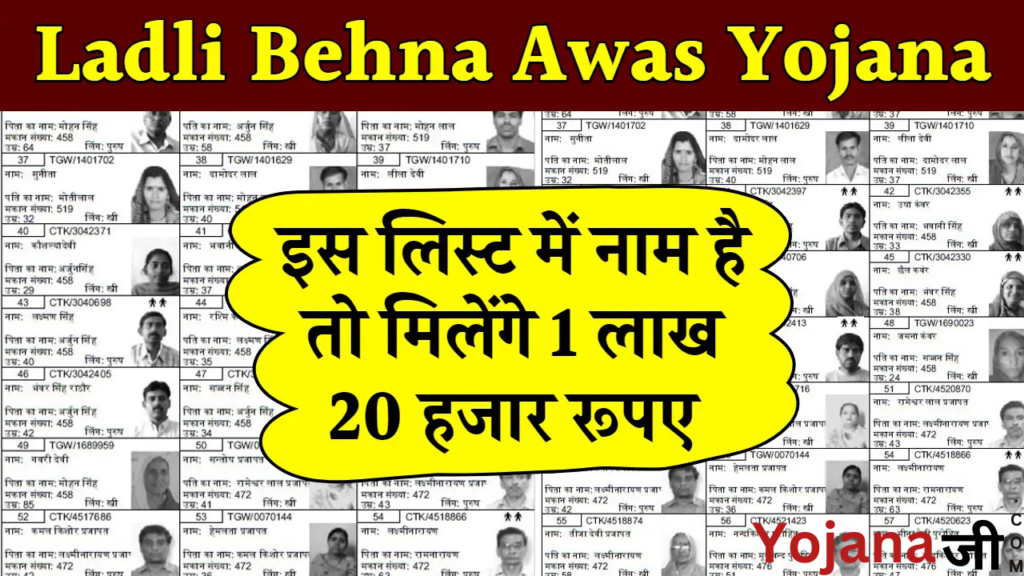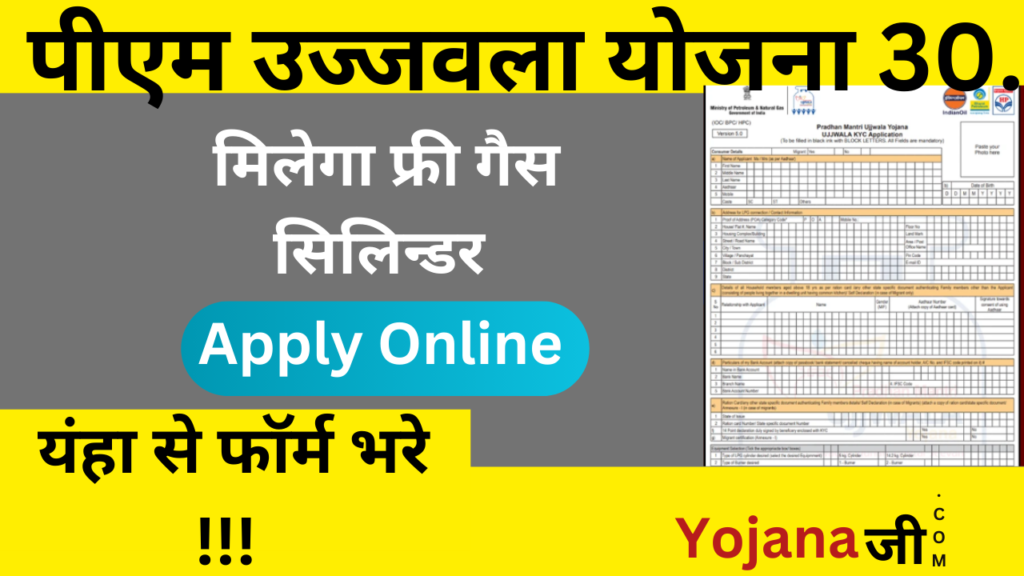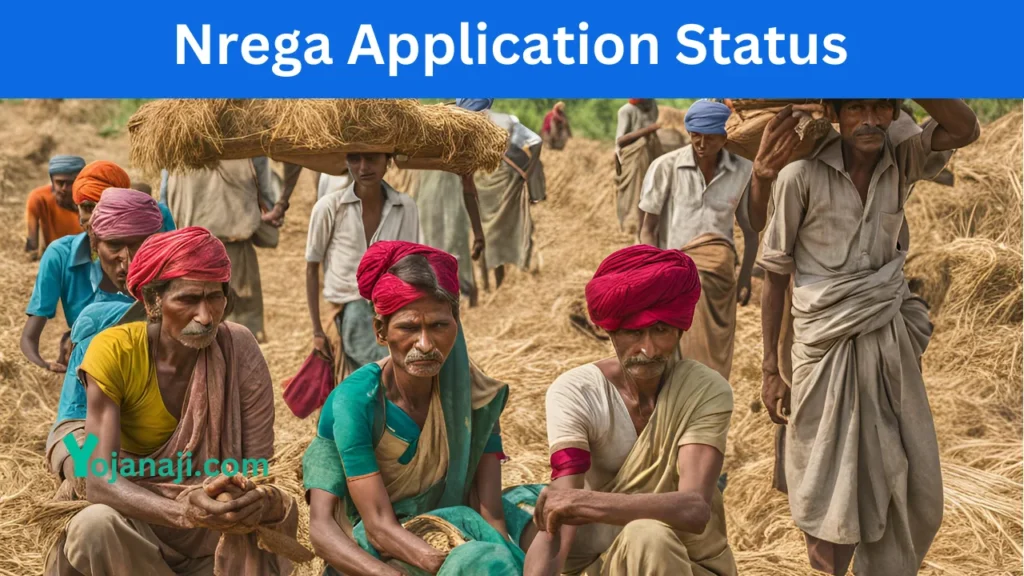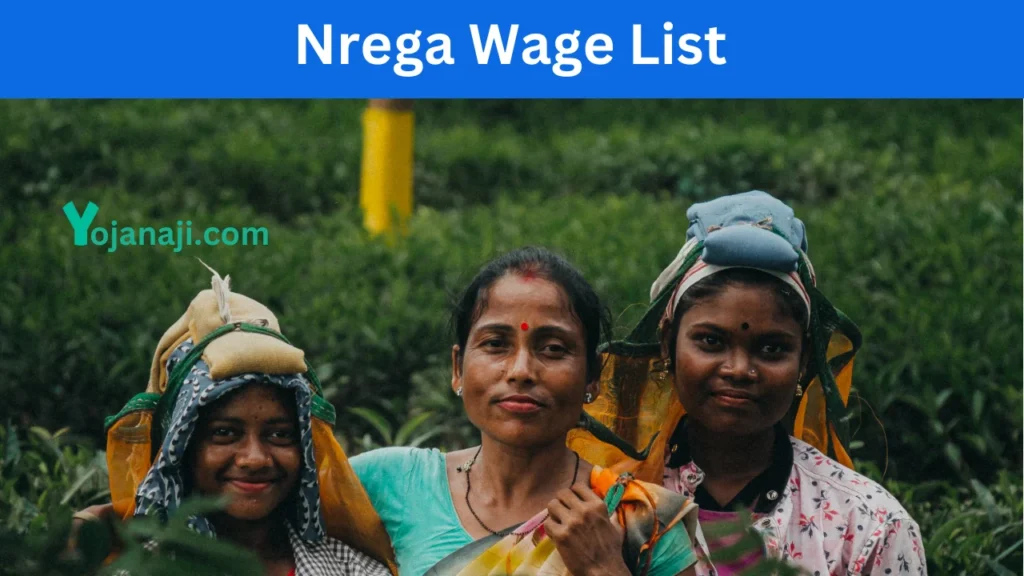In 2025, education is more accessible than ever, thanks to a range of new schemes and scholarships aimed at empowering students to achieve their academic dreams. From government-backed programs that make education more affordable to private scholarships that provide financial support for higher education, the opportunities available are abundant. Let’s dive into the various educational schemes and scholarships introduced this year that can help students thrive.
Introduction
Education has always been a stepping stone for progress, and in 2025, students have even more chances to advance. With the growing importance of skill development, digital learning, and inclusivity, various schemes and scholarships are tailored to cater to different educational needs. These opportunities are not just about financial aid; they focus on creating a robust infrastructure for the holistic growth of students. Whether you’re looking to study in India or abroad, the education landscape has transformed to make your academic journey easier.
The importance of these schemes cannot be overstated. For many students, these initiatives can mean the difference between pursuing their dreams and having to give up on their educational aspirations due to financial constraints. Government schemes are also evolving to meet the demands of the modern economy, offering financial aid, skill development, and support for higher education.
Key Education Schemes in 2025

Digital Education Schemes
The rise of digital education has revolutionized how students learn, and in 2025, the government has further expanded these digital education schemes to ensure that learning is accessible to everyone, regardless of location. With the growing use of online platforms and resources, students now have the opportunity to learn from the comfort of their homes or even remote areas, breaking geographical barriers that previously hindered access to quality education.
The PM eVidya Scheme is a prime example of how digital resources are being leveraged. This initiative brings educational content through various mediums, such as TV channels, mobile apps, and online learning platforms, providing students with access to a wealth of information. Additionally, SWAYAM, an initiative by the government, offers free online courses from top universities and institutions, allowing students to expand their knowledge in various subjects.
These digital education schemes are particularly beneficial for students from rural or economically disadvantaged backgrounds, as they can access top-notch learning materials without the need for expensive tutors or physical infrastructure.
Skill Development Programs
While formal education is vital, the increasing demand for vocational and technical skills in the workforce has led to the creation of several skill development programs by the government. These programs are designed to prepare students for careers in specific industries by offering hands-on training and real-world experience.
Pradhan Mantri Kaushal Vikas Yojana (PMKVY) is one of the most well-known skill development initiatives. It focuses on imparting employable skills in areas like retail, hospitality, IT, and healthcare. Similarly, the National Apprenticeship Promotion Scheme (NAPS) offers students the opportunity to learn on-the-job and gain practical experience in a range of sectors. These programs help students stay competitive in the job market by equipping them with skills that are in high demand.
By focusing on skill development, these programs make students job-ready and help bridge the gap between academic education and real-world work requirements.
Free and Subsidized Education Programs
Affordability is a key concern for many students when it comes to education, and the Indian government has introduced several schemes aimed at making education more accessible. These free and subsidized education programs are a step in the right direction, providing financial relief to students who might otherwise struggle to pay for their education.
For example, the Eklavya Model Residential Schools offer free education to students from tribal communities, ensuring they receive quality schooling that prepares them for higher education or skilled employment. The Central Sector Scheme of Scholarships for College and University Students offers financial support to students pursuing undergraduate and postgraduate courses, helping them meet tuition fees and other educational expenses.
These government-backed initiatives aim to ensure that every student, irrespective of their socio-economic background, has the opportunity to access quality education and build a better future.
These new education schemes in 2025 are not just about making education accessible, but also about providing students with the skills they need to succeed in an increasingly competitive world. As we continue, we will explore more opportunities for scholarships and their importance in helping students unlock their full potential.
Scholarships for Students in 2025
As education becomes more accessible, the opportunities for financial support have also increased. Scholarships are an essential tool for students who wish to pursue higher education without the burden of tuition fees. In 2025, several scholarships have been introduced, making education more affordable for a diverse group of students. Let’s take a closer look at the types of scholarships available.
Government Scholarships
The government continues to offer various scholarships to help students pursue their education in 2025. These scholarships are designed to support students at different levels of education, from school to university, and ensure that financial constraints do not limit access to quality education.
- National Scholarship Portal (NSP): This is one of the most comprehensive platforms, offering a wide range of scholarships provided by the central and state governments. Some of the popular scholarships under NSP include the Post Matric Scholarship Scheme for minority communities, National Merit Scholarship, and Scholarships for Students with Disabilities. Each of these schemes aims to support students from various backgrounds.
- Central Sector Scheme of Scholarships for College and University Students: Aimed at economically disadvantaged students, this scholarship provides financial assistance for undergraduate and postgraduate courses. It covers tuition fees, maintenance allowances, and other necessary academic expenses.
- PM Narendra Modi Scholarship Scheme: Specifically designed for children of Central Armed Police Force (CAPF) and Assam Rifles personnel, this scholarship supports students pursuing professional courses like engineering, medical, and other specialized degrees.
These government scholarships ensure that no student is left behind, providing financial relief and encouraging academic excellence.
Private and Corporate Scholarships
Private companies and corporations have also stepped in to support students by offering scholarships. These scholarships are designed to encourage academic performance and leadership potential in students. Many of these scholarships also come with the added benefit of internships, mentorships, and job placements, creating pathways to employment for students.
- Tata Scholarship Program: Tata offers scholarships for students pursuing undergraduate degrees in fields such as engineering, management, and economics. The scholarship not only covers tuition fees but also offers mentorship opportunities for personal and professional development.
- Aditya Birla Group Scholarship: Known for its large corporate social responsibility (CSR) initiatives, Aditya Birla Group offers scholarships to students who demonstrate academic excellence. The scholarship is available for undergraduate students, and the recipients are often given the opportunity for internships and industry exposure.
- HDFC Education Loan Scholarship: This scholarship is provided by HDFC Bank and covers the full cost of education for students pursuing higher education in fields such as engineering, medicine, and law. It also includes financial support for the purchase of books and other study materials.
Private and corporate scholarships are especially beneficial for students who want to pursue specialized fields but may not have the financial means to do so.
International Scholarships
For students who aspire to study abroad, there are numerous international scholarships that make global education a reality. These scholarships are provided by foreign governments, universities, and international organizations, and they cover the full cost of studying abroad, including tuition fees, living expenses, and travel costs.
- Chevening Scholarship: Offered by the UK government, the Chevening Scholarship is a prestigious award that allows students from around the world to pursue a one-year master’s degree at any UK university. This scholarship covers full tuition fees, airfare, and a stipend for living expenses.
- Fulbright Program: Sponsored by the U.S. government, the Fulbright Program offers scholarships for students from around the world to study in the United States. It covers the cost of tuition, travel, and living expenses, and also offers opportunities for research, cultural exchange, and professional development.
- Erasmus Mundus Scholarship: An initiative by the European Union, this scholarship allows students to pursue a master’s degree in multiple European countries. The scholarship covers all expenses, including travel, tuition fees, and living costs.
These international scholarships provide students with the opportunity to gain global exposure, enhancing their academic credentials and preparing them for a successful international career.
New Initiatives and Reforms in Education
The education system in India is rapidly evolving, with new initiatives and reforms that aim to make learning more inclusive, flexible, and aligned with global standards. In 2025, these reforms are beginning to have a significant impact on how education is delivered and accessed.
Here’s a table summarizing key details about education schemes and scholarships in 2025:
Table: Key Details of Education Schemes and Scholarships in 2025
| Category | Details | Example Programs |
|---|---|---|
| Government Schemes | Funded by central/state governments. Merit & need-based. | NSP, PM Scholarship, State-specific schemes |
| Private Scholarships | Offered by corporations & NGOs, often merit-based. | Tata Scholarship, Reliance Foundation, HDFC Scholarship |
| Eligibility Criteria | Varies by scheme. Usually based on income, merit, and category. | Income below ₹8 lakh, 80%+ marks in previous exams |
| Application Process | Online registration, document submission, verification. | National Scholarship Portal, Private portals |
| Common Mistakes | Incorrect details, missing deadlines, invalid documents. | Avoid errors, double-check before submission |
| Disbursement Mode | Direct Benefit Transfer (DBT) to bank accounts. | NSP Scholarships credited to bank accounts |
| Future Trends | AI-based verification, online course scholarships, skill-based funding. | Google Scholarships for IT & Digital Skills |
This table gives a quick overview of different scholarships, their eligibility, application process, and future trends. Let me know if you want any modifications! 😊
The National Education Policy (NEP) 2020 and Its Impact
The National Education Policy (NEP) 2020 is one of the most significant reforms in the Indian education system. With the goal of making education more inclusive, innovative, and accessible, the NEP focuses on key areas such as universal access to education, promotion of multidisciplinary learning, and the development of critical thinking and creativity.
In 2025, the NEP will have a profound effect on the educational landscape by:
- Encouraging a flexible curriculum that allows students to choose their subjects and explore different disciplines.
- Promoting the use of technology to enhance learning and make education more interactive.
- Providing special focus on marginalized communities, ensuring that students from underprivileged backgrounds have access to quality education.
The NEP also aims to reduce the burden of rote learning and encourage holistic development by emphasizing creativity, analytical thinking, and practical learning.
Innovations in EdTech
Technology is transforming education, and in 2025, the role of EdTech (Educational Technology) has become even more critical. With advancements in artificial intelligence, virtual classrooms, and personalized learning, technology is making education more accessible and engaging.
EdTech platforms like BYJU’S, Unacademy, and Coursera are revolutionizing how students learn. These platforms offer courses in a variety of fields, from mathematics and science to arts and management, making it easier for students to access quality education at their own pace. Additionally, tools like AI-powered tutoring and gamification help personalize learning and keep students engaged.
Government initiatives, such as the SWAYAM platform, are also helping students access online courses from top universities and institutions, ensuring that even those in remote areas have access to high-quality learning resources.
Benefits of Education Schemes and Scholarships
The increasing availability of education schemes and scholarships in 2025 is a game-changer for students. These initiatives not only make education more affordable but also provide opportunities for personal and academic growth.
Accessibility and Affordability
One of the key benefits of these schemes is their ability to make education more accessible and affordable. Scholarships and financial aid programs allow students from various economic backgrounds to pursue education without the financial burden. Whether it’s a full scholarship for a professional course or a subsidy for textbooks and study materials, these schemes ensure that all students have equal access to education.
By removing financial barriers, students are able to focus on their studies, explore their academic interests, and strive for excellence.
Encouraging Innovation and Research
Many education schemes, particularly those aimed at postgraduate students, encourage research and innovation. Scholarships and fellowships that fund research projects enable students to explore new ideas and contribute to advancements in their fields. This is particularly important in fields like science, technology, engineering, and medicine, where research plays a crucial role in driving progress.
By providing financial support for research, these schemes help students push the boundaries of knowledge and contribute to solving real-world problems.
Eligibility Criteria for Scholarships and Education Schemes
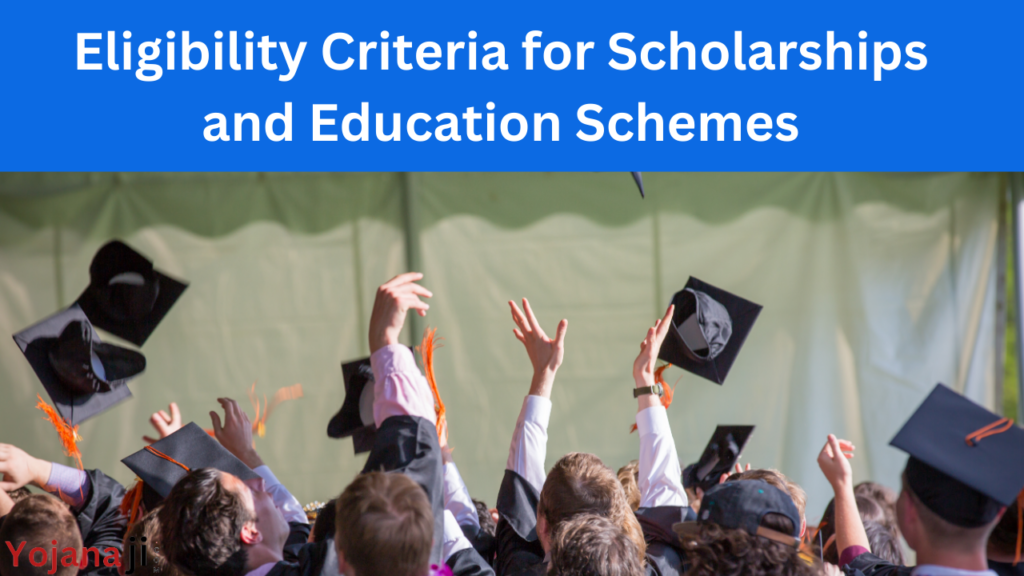
To ensure fairness and transparency, each scholarship and education scheme comes with a set of eligibility criteria that students must meet. These criteria vary based on the type of scholarship and the specific needs of the student.
General Eligibility
Most scholarships have a set of general eligibility requirements, such as:
- A minimum academic score (e.g., 50% in the previous exam).
- Financial need or family income limits.
- Specific courses or fields of study.
For example, the Post Matric Scholarship requires students to be enrolled in a recognized institution and meet certain academic and financial criteria. Similarly, government schemes like the PM Modi Scholarship may have additional criteria, such as being a child of a serving defense personnel.
Special Schemes for Marginalized Groups
To promote inclusivity, many schemes are specifically designed for marginalized groups, including:
- SC/ST/OBC students.
- Women students.
- Differently-abled students.
These special schemes are designed to uplift students who may face additional challenges in accessing quality education due to social or economic factors. They provide scholarships, stipends, and other forms of financial aid to ensure that no student is left behind.
With these diverse scholarships and education schemes, 2025 is a year filled with opportunities for students to pursue their dreams and build successful futures. Whether you are pursuing higher education in India or abroad, the options available to support your academic journey are plentiful, and now is the time to take full advantage of them.
How to Apply for Education Schemes and Scholarships in 2025
Education schemes and scholarships provide financial relief to students and help them achieve their academic dreams. However, applying for these schemes can be confusing. This guide will walk you through the process, common mistakes to avoid, and future trends in education funding.
How to Apply for Education Schemes and Scholarships in 2025
Education schemes and scholarships are offered by the government, private institutions, and NGOs. Here’s a step-by-step process to apply for them:
Step-by-Step Guide for Application
- Research Available Scholarships and Schemes
- Visit official websites such as the National Scholarship Portal (NSP) or state government portals.
- Check eligibility criteria like income limit, academic performance, and category-based reservations.
- Prepare Required Documents
- Aadhar Card or any government-issued ID
- Income certificate
- Academic transcripts and certificates
- Bank account details (linked with Aadhaar)
- Caste certificate (if applicable)
- Recent passport-sized photographs
- Register on the Official Portal
- Most schemes require you to register online on government portals or institutional websites.
- Fill in basic details like name, DOB, and email ID for OTP verification.
- Fill the Application Form Carefully
- Enter all details accurately to avoid rejection.
- Upload required documents in the correct format and size.
- Submit the Application and Track Status
- After submission, note down the reference number to track your application status.
- Some scholarships require further verification, so check emails and messages regularly.
- Follow Up and Check Disbursement Details
- If selected, the scholarship amount is usually credited directly to your bank account.
- If there are any issues, contact the helpline number of the respective portal.
Common Mistakes to Avoid When Applying
Many students lose out on scholarships due to avoidable mistakes. Here’s what you should be careful about:
- Missing Deadlines – Always keep a calendar of important dates and apply well in advance.
- Incorrect or Incomplete Details – Ensure that your name, marks, and other details match your documents.
- Not Uploading Proper Documents – Upload clear, legible copies of the required certificates.
- Ignoring Eligibility Criteria – Apply only for schemes where you meet all the eligibility requirements.
- Using Unverified Sources – Always apply through official websites to avoid fraud.
Future of Education Schemes and Scholarships
Long-term Trends
- More Digitalization – AI-driven verification will speed up the application and selection process.
- Increased Private Sector Involvement – More corporations and NGOs will offer scholarships as part of CSR initiatives.
- Flexible Learning Scholarships – More schemes will support online and hybrid learning programs.
- Skill-based Funding – Scholarships will focus more on skill development rather than just academic performance.
Conclusion of New Education Schemes for Students & Scholarships
Education schemes and scholarships are crucial for students who need financial support. By following the correct process, avoiding common mistakes, and staying updated on future trends, you can maximize your chances of receiving financial aid for your education.
FAQs of New Education Schemes for Students & Scholarships
1. Where can I find the latest scholarships for 2025?
You can check the National Scholarship Portal (NSP), state portals, and private organizations’ websites.
2. Can I apply for multiple scholarships?
Yes, but some schemes may have restrictions on combining benefits. Read the guidelines carefully.
3. What should I do if my application is rejected?
Check the rejection reason, correct any errors, and reapply if permitted.
4. How long does it take to receive scholarship funds?
It depends on the scheme, but it usually takes a few months after selection.
5. Are there scholarships for online courses?
Yes, many institutions now offer financial aid for online and hybrid learning programs.

Tamim is a distinguished policy analyst with over 15 years of experience in analyzing, government schemes and policies. Tamim brings a wealth of knowledge and expertise in the field of social development.

